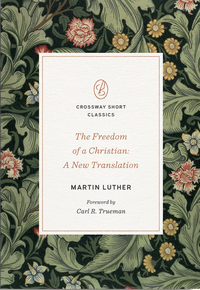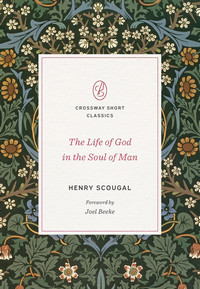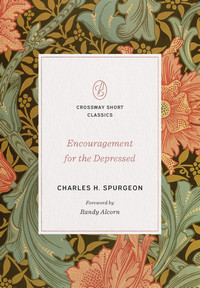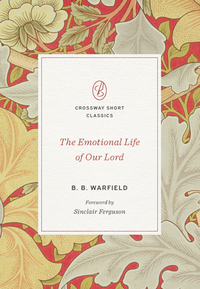This worked last year, might has well give it a whirl this year…It’s Reformation Sunday—a totally made-up holiday (but which one isn’t?) to commemorate the day in 1517 when Martin Luther inadvertently started a revolution/reformation/revival. So, hey, while I continue to fight off this cold, let me repost this about one of my favorite of Luther’s works:
 The Freedom of a Christian: A New Translation
The Freedom of a Christian: A New Translation
by Martin Luther, Translated by Robert Kolb Carl R. Trueman (Foreward)
DETAILS: Series: Crossway Short Classics Series Publisher: Crossway Publication Date: February 21, 2023 Format: Paperback Length: 86 pg. Read Date: February 26, 2023

Some Thoughts on the Series as a Whole
The point of this series is to take classic short works—sermons, tracts, articles—package them attractively, edit a bit (modernize language, eliminate footnotes, tweak grammar, etc.), and make them widely available. Each is given a short introduction to help the reader get the context and a bit of information about the author.
They published seven books in this series last year, and I discussed them here. Two have come out this year (so far), but I’m hoping for more.
What’s The Freedom of a Christian About?
A Christian is a free lord of everything and subject to no one.
A Christian is a willing servant of everything and subject to everyone.
This is Luther (early in the Reformation) laying out his vision for good works for the believer–how they are to be performed, why they are to be performed, and their place in the life of the believer. I’m sure there’s more to say, but that’s basically it.
That quotation gives his two theses–the rest of the book is his working out the thinking behind them. It’s penetrating, it’s convicting, and it’s inspiring to watch him work. Whoops, I seem to have stumbled into the next section.
So, what did I think about The Freedom of a Christian?
From all of this comes the conclusion that a Christian lives not in himself but in Christ and in his neighbor, in Christ through faith, in the neighbor through love. Through faith he rises above himself in God, from God he descends under himself through love, and remains always in God and in divine love. It is as Christ said in John 1[:51]: “You will see heaven standing open and the angels ascending and descending over the Son of Man.” Behold, that is the proper, spiritual Christian freedom, which liberates the heart from all sins, laws, and commands. This freedom exceeds all other freedoms, as high as heaven is over the earth. May God grant us that we truly understand that and retain it.
I wasn’t sure about reading this–it’s one of those works I’ve read so much about. I’ve seen it cited, heard descriptions of it in lectures, and read about it, but I haven’t gotten around to reading it. A lot of the times I read something that I know about like this, it doesn’t work out (I’ve never been able to get past page 40 of Postman’s Amusing Ourselves to Death, for example). But this is exactly what it should’ve been.
Martin Luther being pastoral is just great. Luther coming alongside those believers so often neglected in the Church and saying, here’s what to do–free of burden, free of guilt, free to live and love as they ought, as they’ve been called to.
This little read is a gem. I’m glad I took the chance on it and so glad that Crossway’s series brought it to us.

This post contains an affiliate link. If you purchase from it, I will get a small commission at no additional cost to you. As always, the opinions expressed are my own.
![]()
















